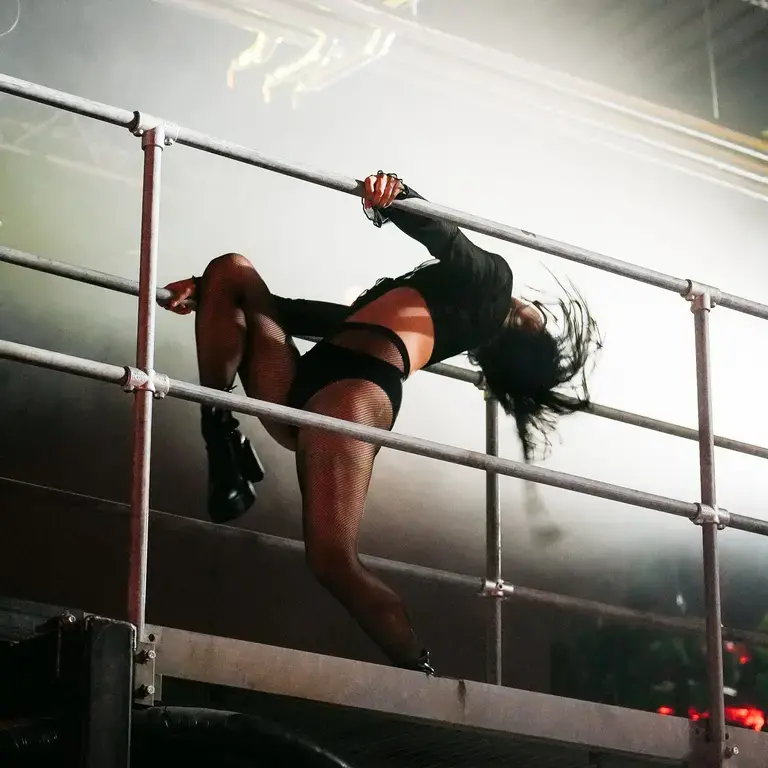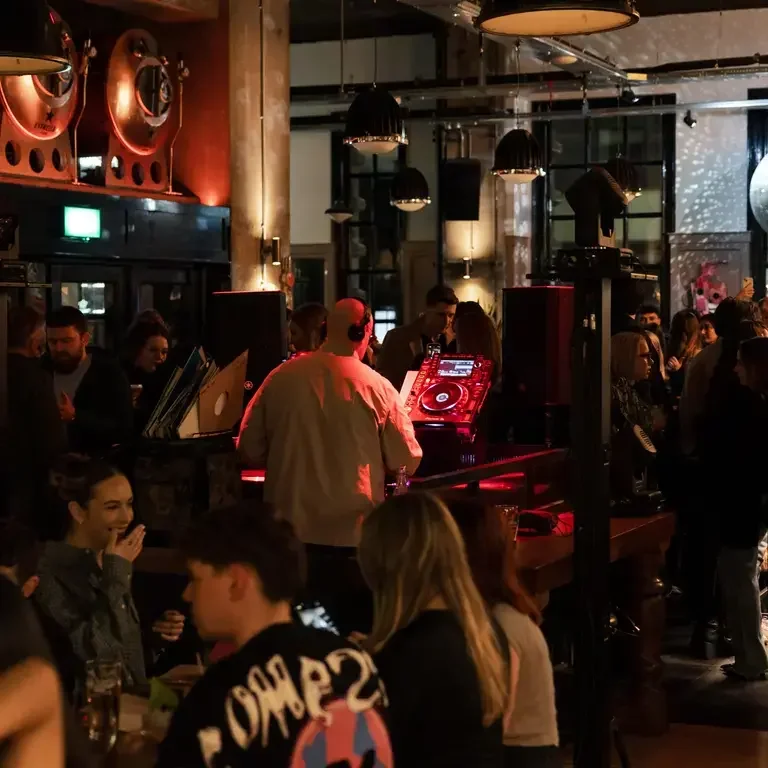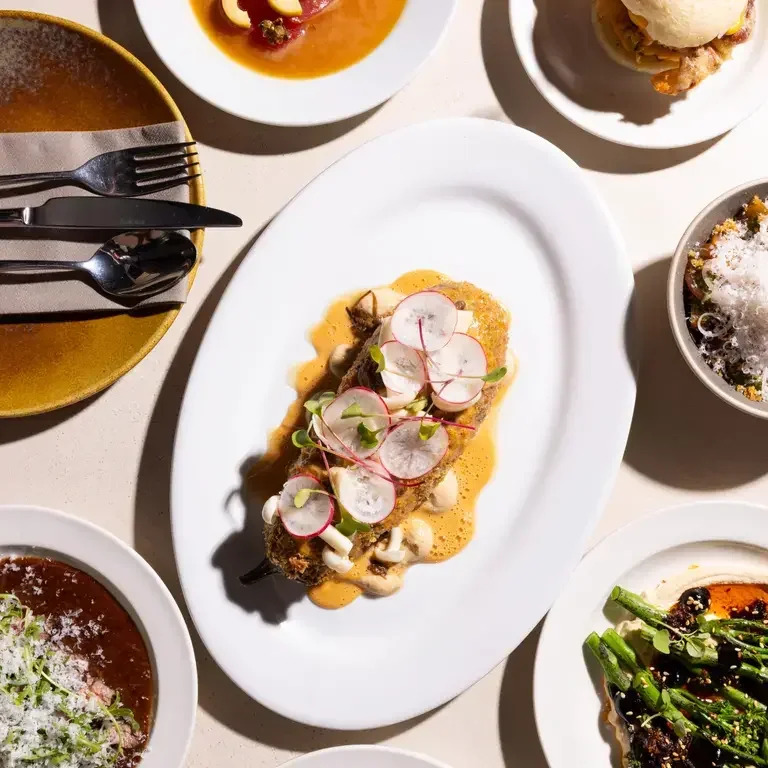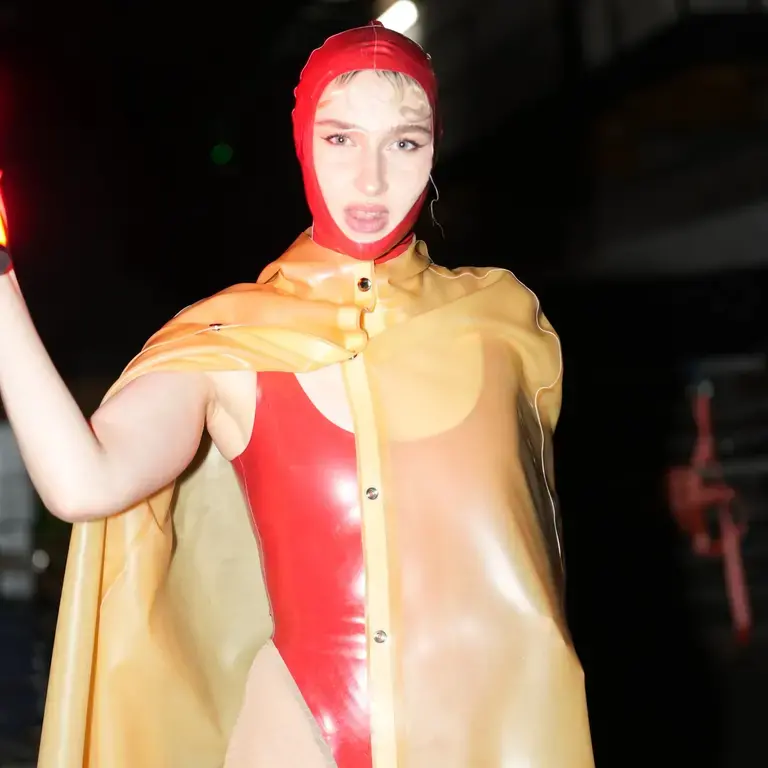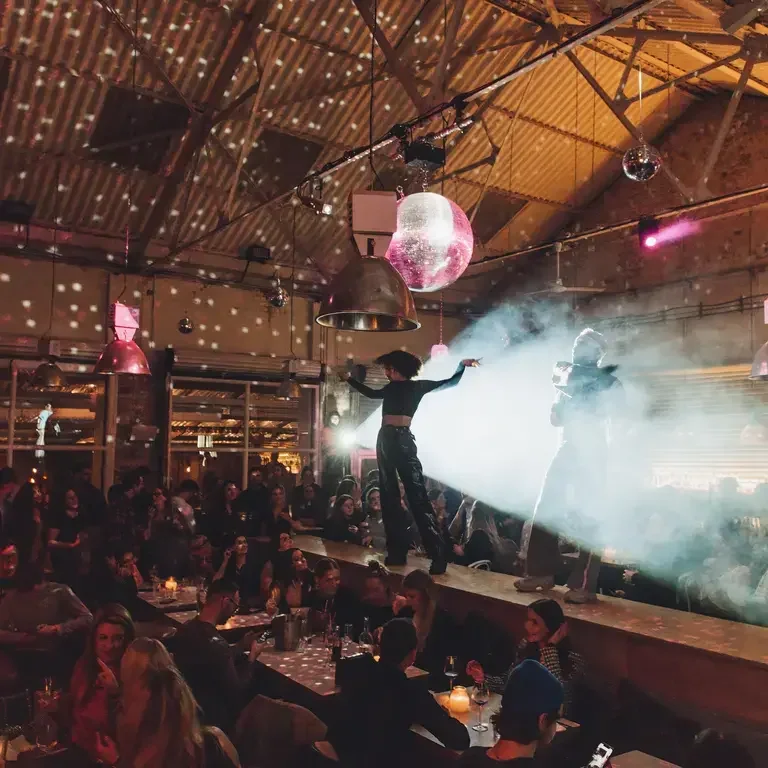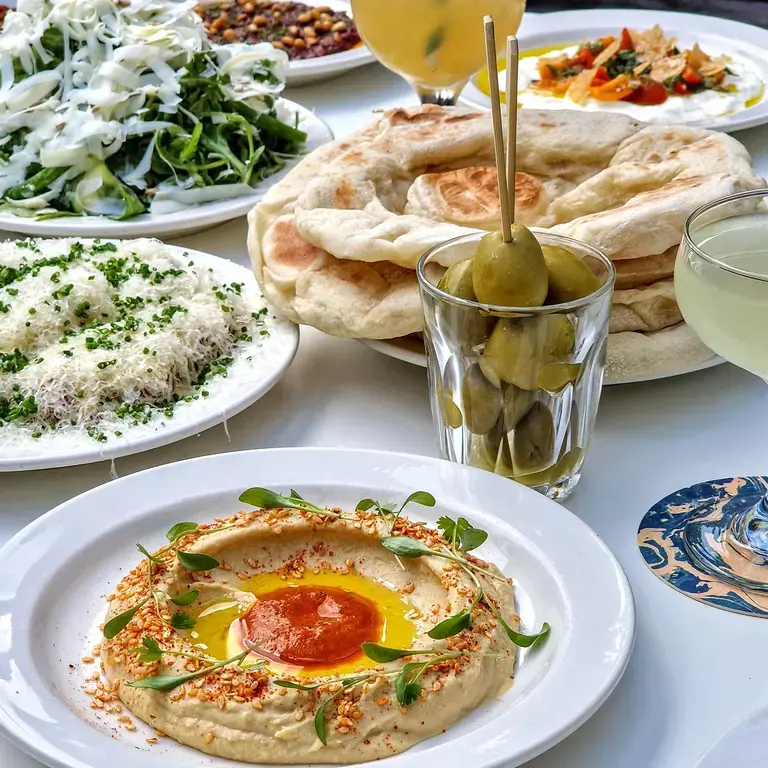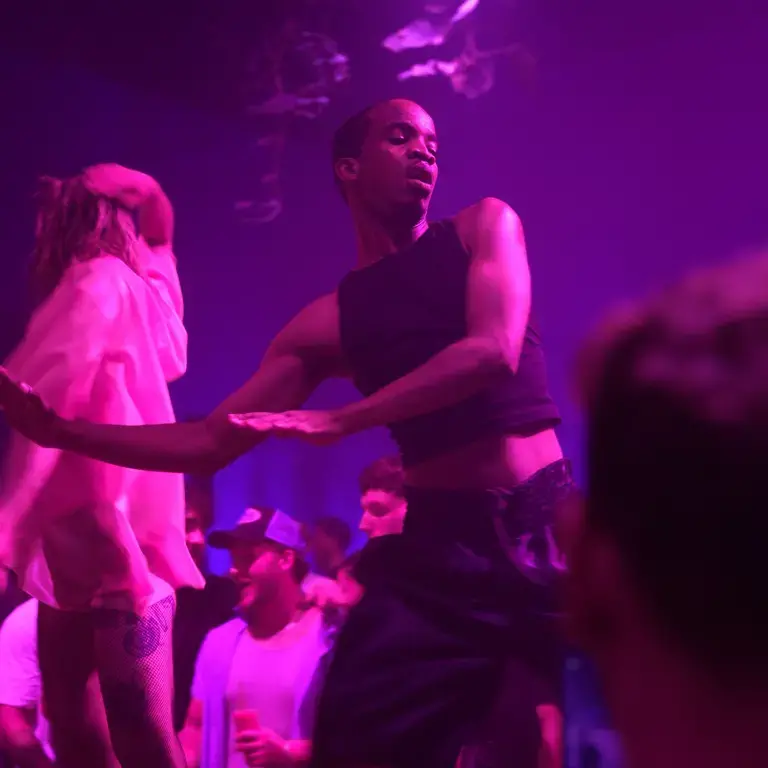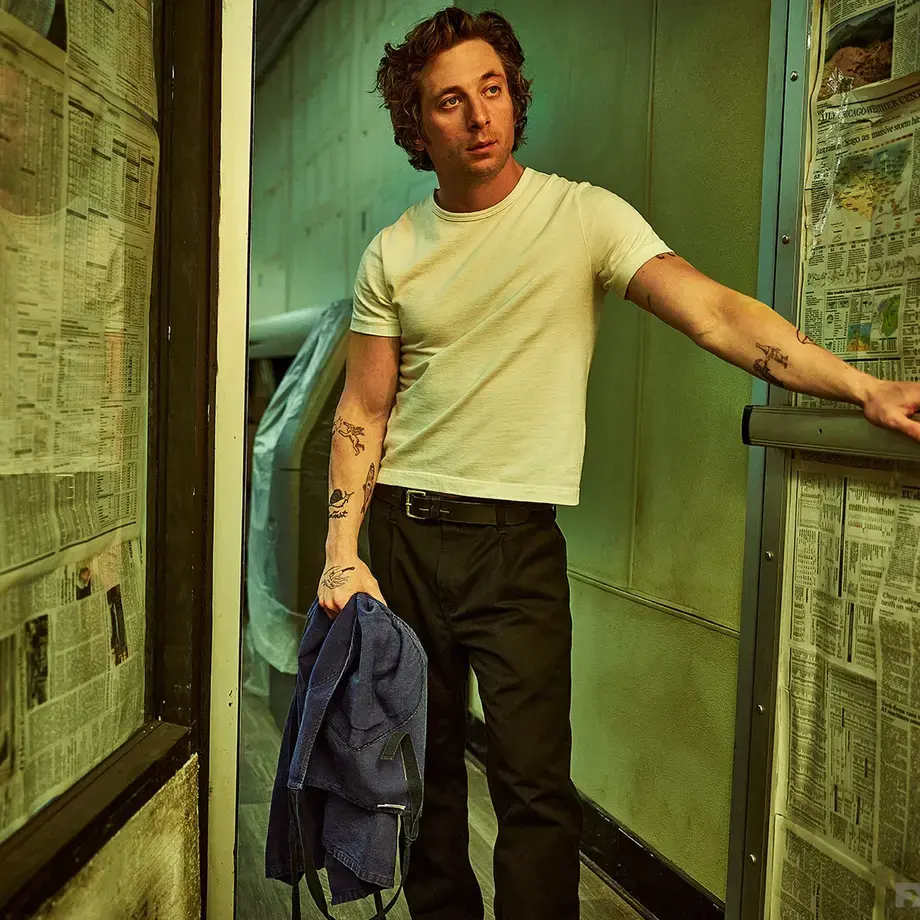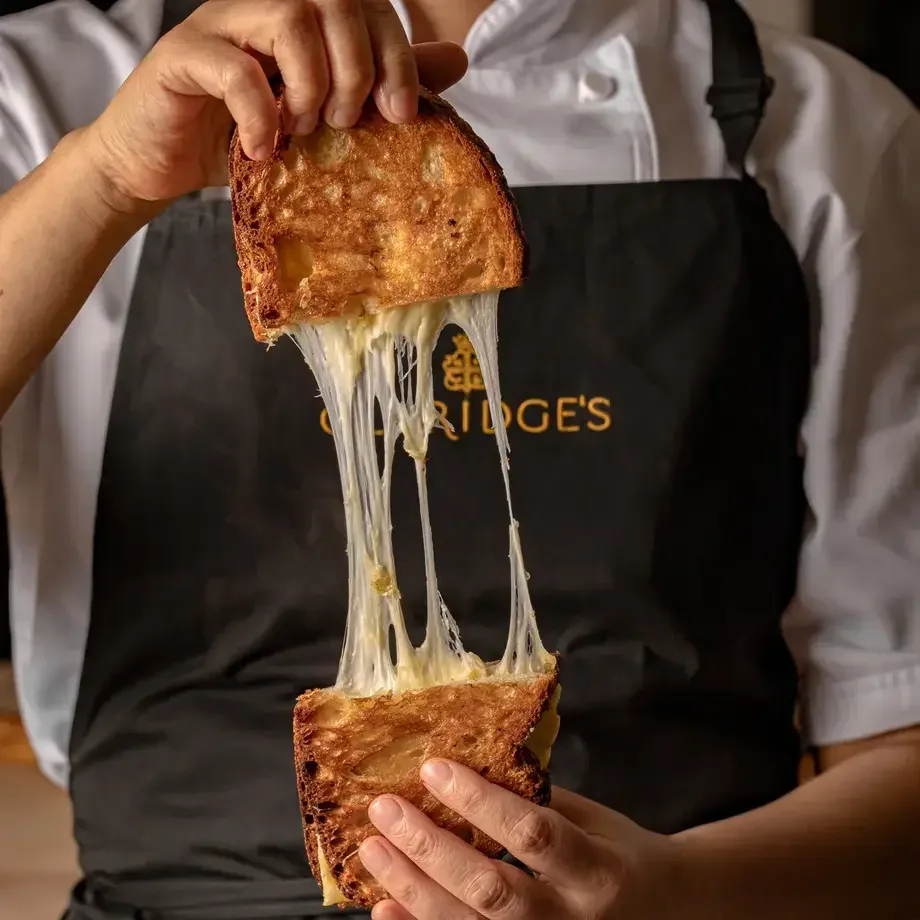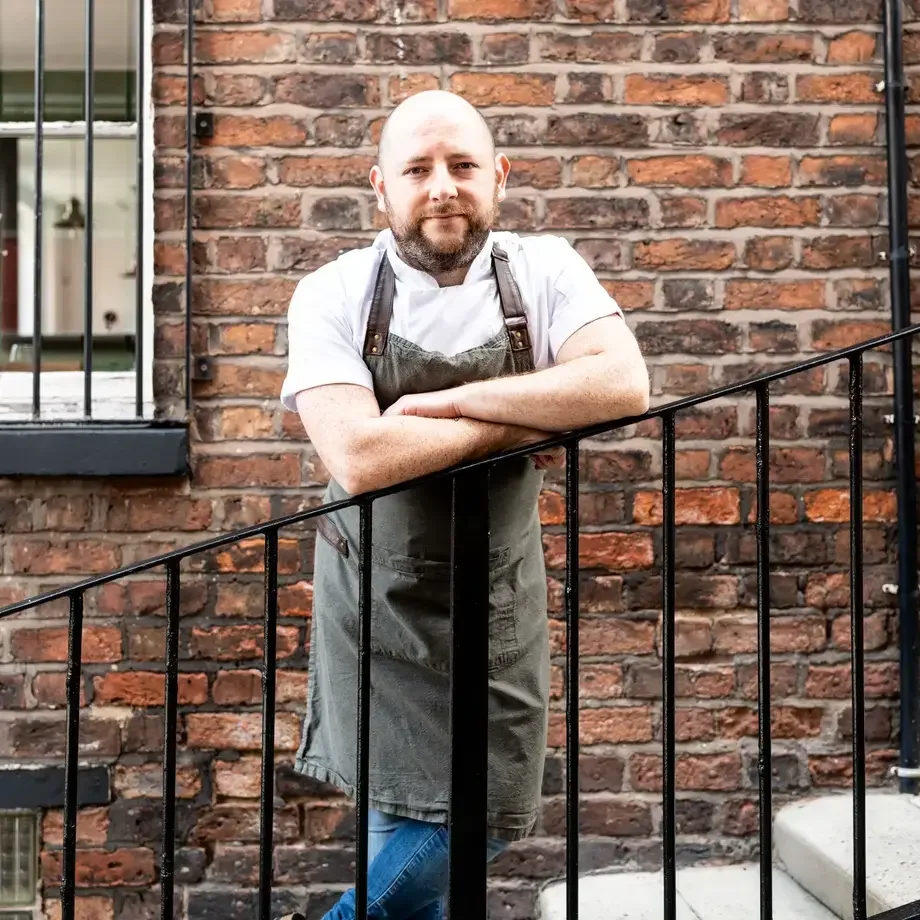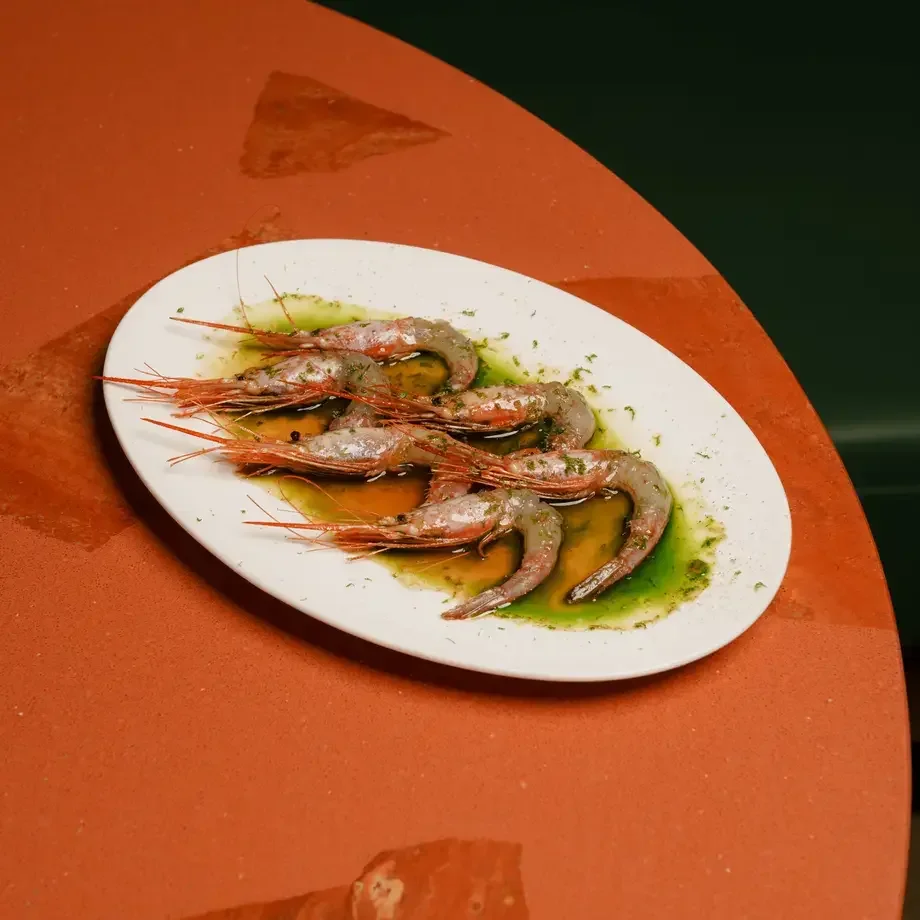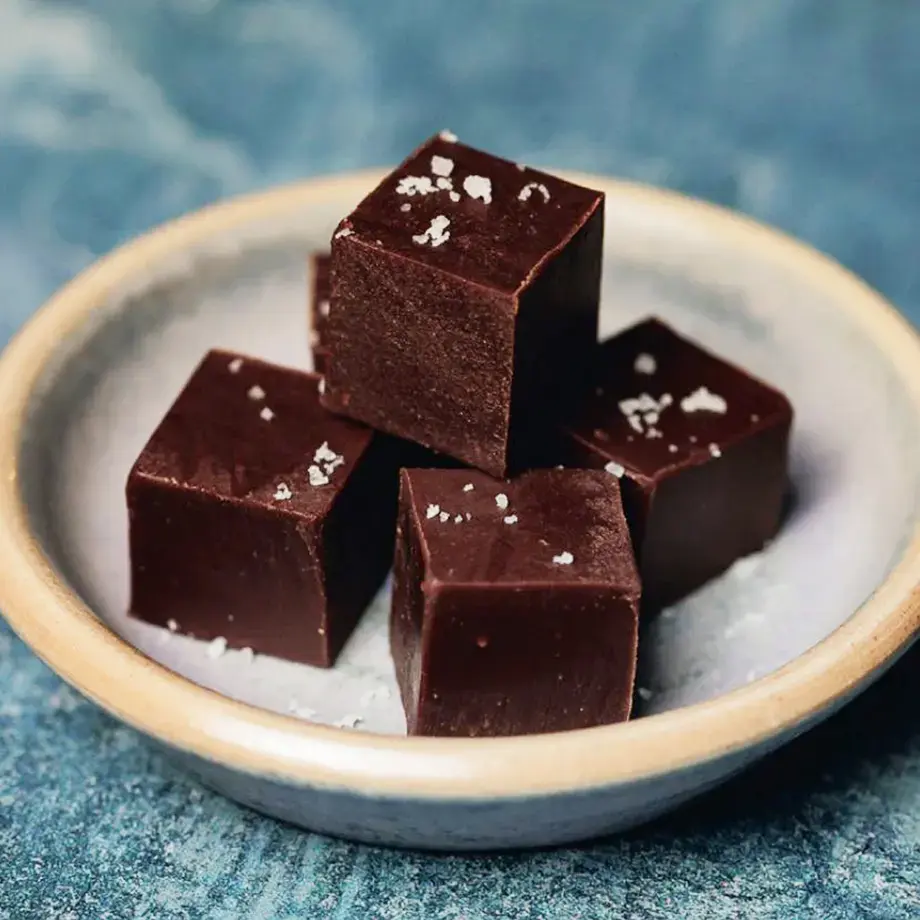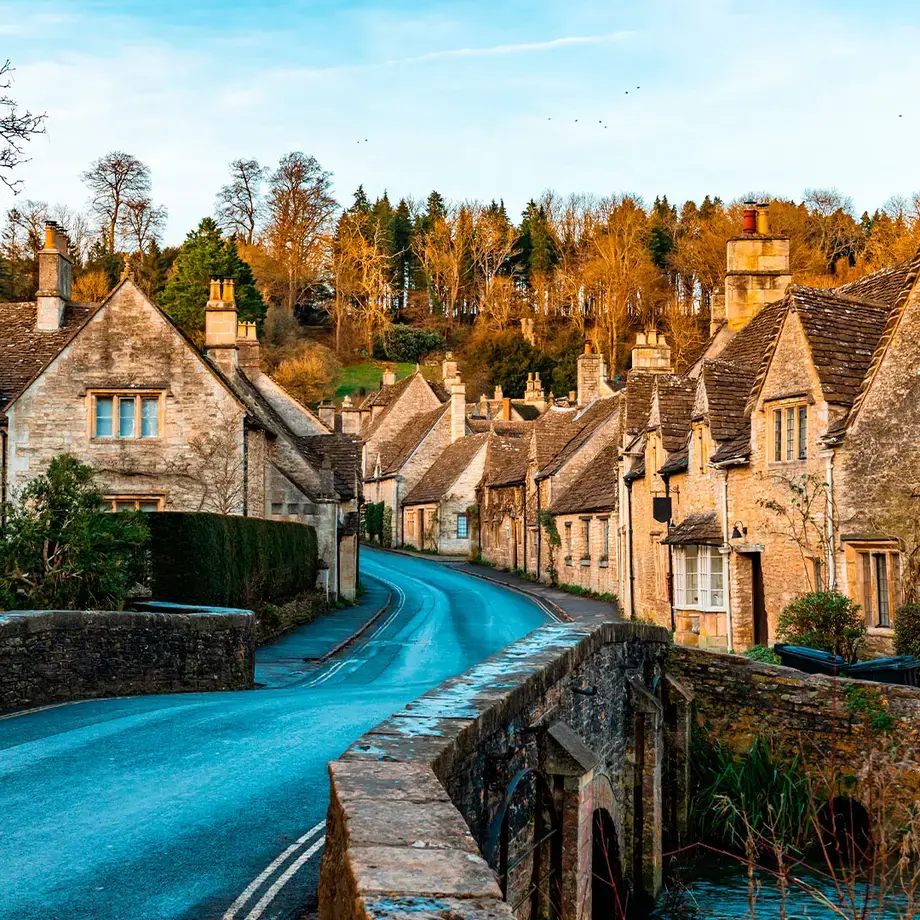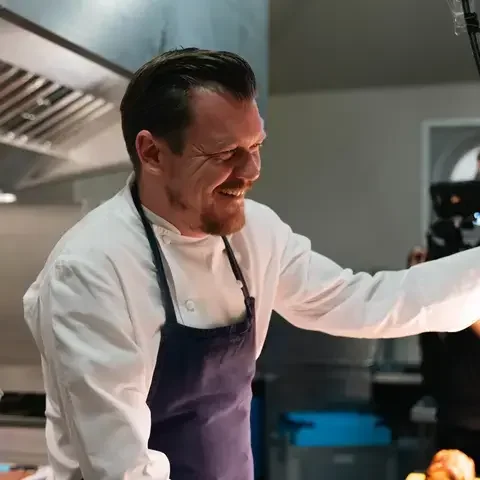There was a time not too long ago when Exhibition in Manchester could be found high up on ticket website Skiddle’s music venue rankings.
In the space of just over a year, the venue, situated in the grand confines of a former natural history museum, hosted DJ sets from the likes of Detroit house pioneer Derrick Carter, Philadelphia rave legend Josh Wink and eclectic BBC Radio 6 Music favourite Giles Peterson.
To a passerby looking in this might not seem surprising. A disco ball overhead sprinkling light onto the walls and someone playing a saxophone? Classic nightclub behaviour, nothing untoward. Except, Exhibition is not a nightclub nor a music venue. It is a restaurant. Part of a Manchester scene that excels at both carefully curated food and a banging party.
“Our tagline is come for the food, stay for the vibe,” says Exhibition Operations Manager, Sam Wheatley.
“If you are in here at eight eating dinner, before you know it the plates are cleared, there’s more drinks on the way and by 10.30pm you’re dancing on the same table you had your dinner at.”
An evolution of the foodhall model, Exhibition features three kitchens each overseen by a different restaurant, with diners ordering at the table from a menu that comprises dishes from all three. The atmosphere might be casual, with a 360-degree DJ booth in the centre of the room playing past midnight, but the food is serious.
Exhibition’s kitchens are a Manchester culinary supergroup. Jaan by Another Hand, Baratxuri and Osma. All three are either current or previous Michelin Guide inclusions and Danielle Heron, Head Chef and owner of Osma is a Great British Menu national finalist.
